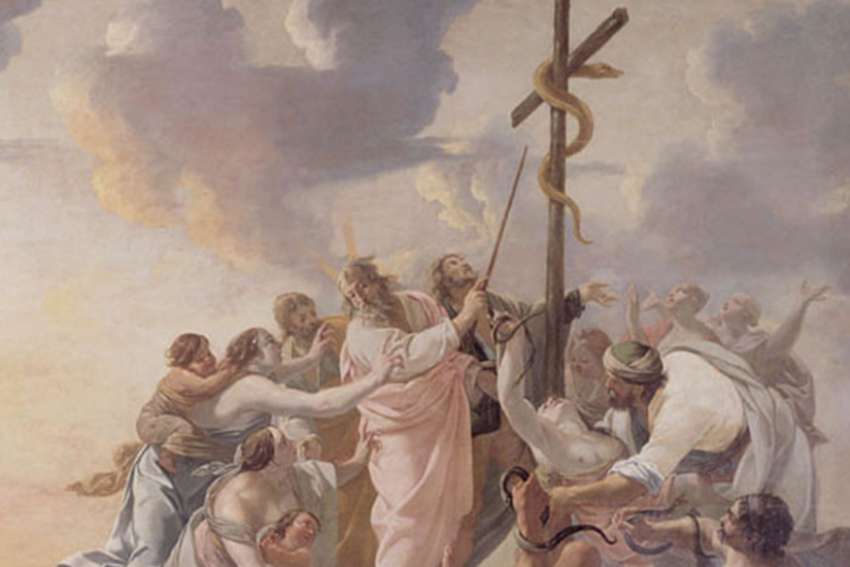People often turn to political analysts or talking heads on news channels to make sense of political events.
The ancient Israelites did not need any of these to understand the tumultuous events swirling around them. Their analysis was simple and to the point. When the nation was prosperous and at peace, it was because they enjoyed God’s favour.
They had been walking in God’s ways and doing what was pleasing in His sight. But what about when everything came unraveled? It was simple — they had departed from the ways of the Lord. The author of 2 Chronicles was writing about the destruction of the temple and the sack of Jerusalem in 586 BC.
Many of the Jerusalem elite were taken into captivity in Babylon for an exile that would last 50 years. The trauma of the destruction and slaughter was reflected in Psalm 137: weeping, yearning for home, enduring the taunts of their captors and being haunted by frightful memories and images. Their bitter and painful experience is shared by so many refugees and victims of violence today (and in all ages).
In 2 Chronicles, the reason for this disaster was clear: corruption in high places, idolatry and contempt for the messengers of God sent to warn and reprove the people and their leaders. Jerusalem reaped the bitter harvest of its corruption and infidelity, for God raised up the Babylonians as the instrument of divine wrath.
The Israelites saw the hand of God in all events. To their mind, this was clearly the action of God. Today we might have a more nuanced view of divine punishment and we would also consider other factors, too. God does not need to punish humanity — we do a fine job of that ourselves.
Corruption, injustice and infidelity to spiritual principles generates an internal rot that causes nations and societies to collapse in the face of pressures and challenges. The many wars of the last century were not the punishment of God, but the consequence of human abandonment of the paths of justice, peace, compassion and the common good. We reap what we sow. The social, political, economic and environmental chaos of our time reflects human behaviour and attitudes.
Ephesians insists that human beings have done precious little to “merit” salvation. Our delusion that we can and do is part of the problem. In fact, we have made a mess of the world and continue to do so. If merit were required, we would all be in serious trouble.
Fortunately for us, God is compassionate and merciful, and does not will or desire that anyone be lost. God desires that we dwell in the heavenly realm with the Lord Jesus and has made it possible for us to do so.
This offer of salvation and exaltation is a gift, not a reward. It is made possible by means of faith, and an important part of faith is the frank admission that we fall short of God’s glory and need divine help.
Why did the Incarnation take place? John famously declared that the Incarnation — and the Passion — was an expression of God’s love for the world and humanity. There is no talk of anger, judgment or punishment, only intense love that is willing to sacrifice everything for our sake.
Faith in Jesus is the lifeline that God extends to us — all who are willing to grasp that lifeline will receive eternal life. Why would anyone refuse such a gracious offer?
John had a very stark, black/white way of looking at the world. Those who reject this offer of grace don’t belong to God — they are filled with darkness and don’t want their own evil revealed to others.
We can be more generous than that. There are many reasons why people turn away from divine grace: fear, ignorance, culture, formation and past trauma are just a few. For those trapped in darkness or a loveless life, light and love can be frightening and painful.
For John, those who turn away have brought judgment on themselves — there is no need for divine judgment or punishment. They have deprived themselves of healing, transformation and the powerful presence of the Spirit.
We are reminded again of the message from Ephesians: all depends on God’s compassion, mercy and grace. God never gives up on anyone, and for God all things are possible.


